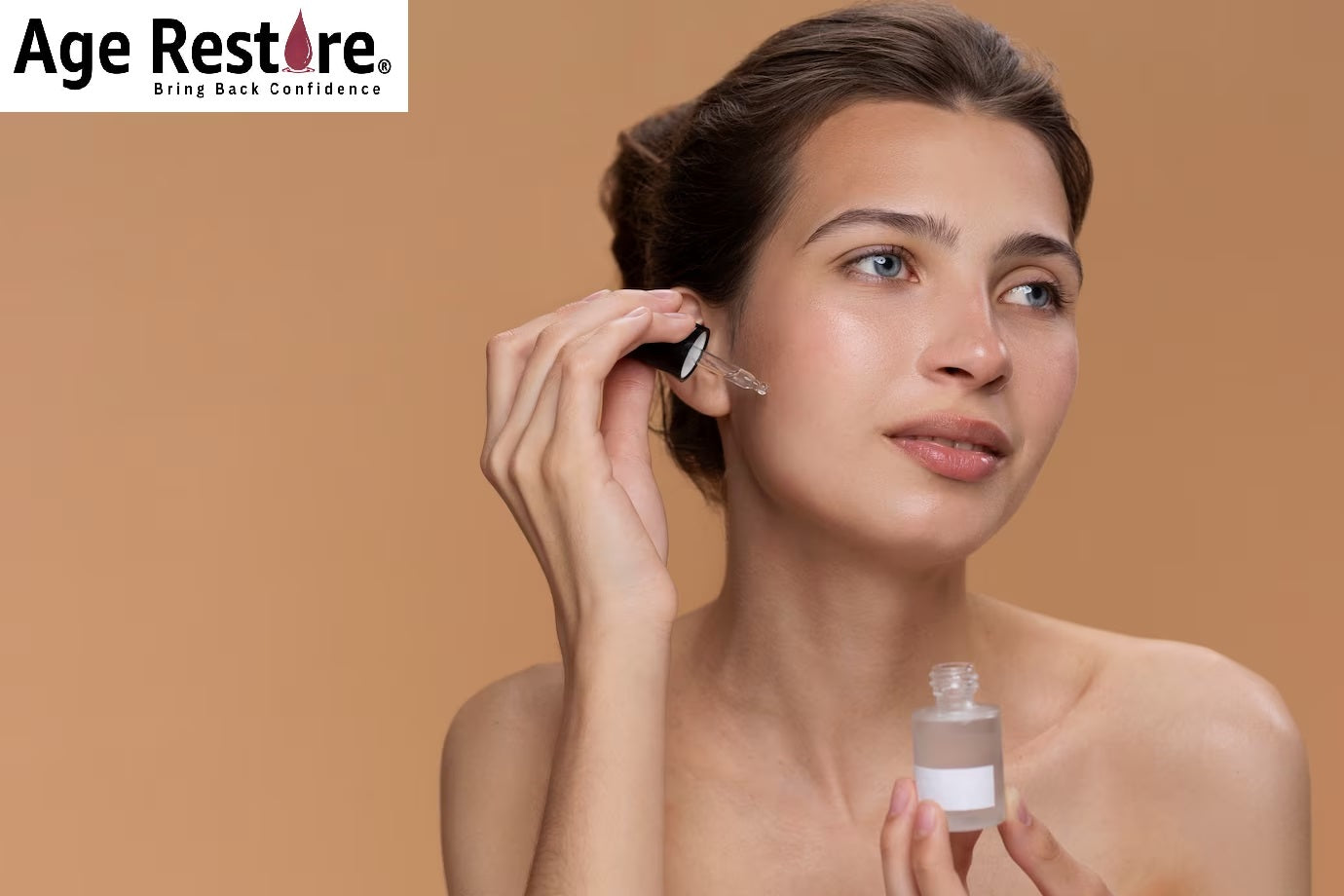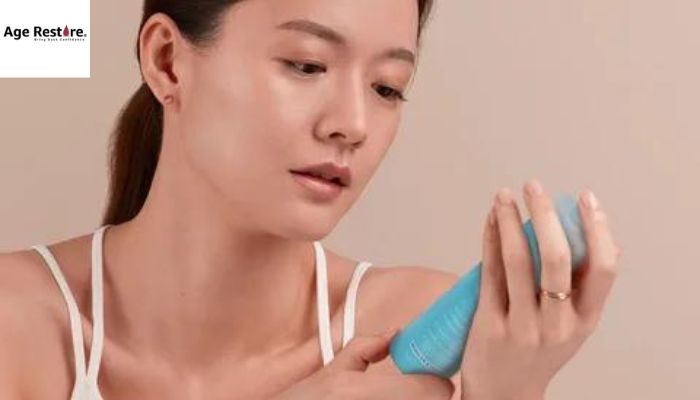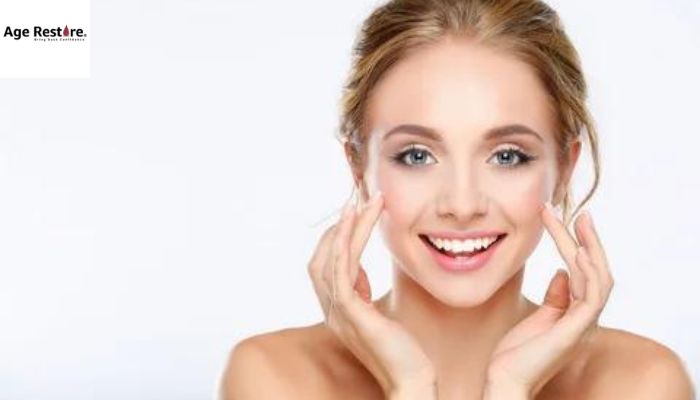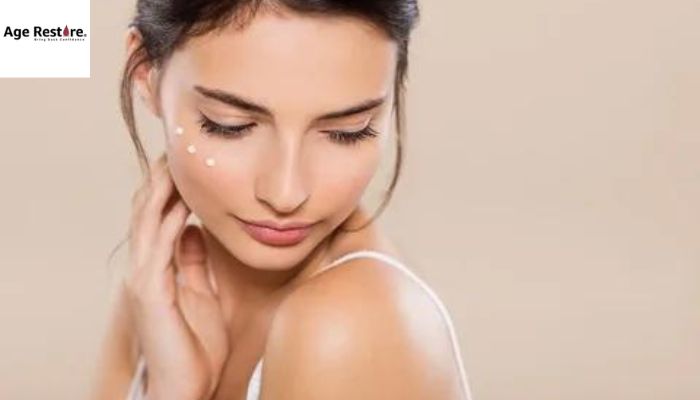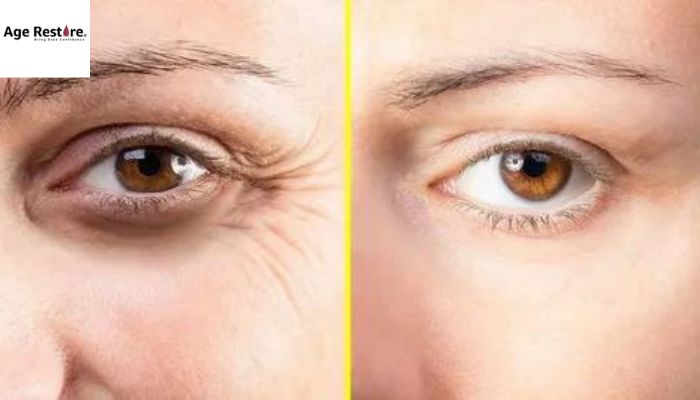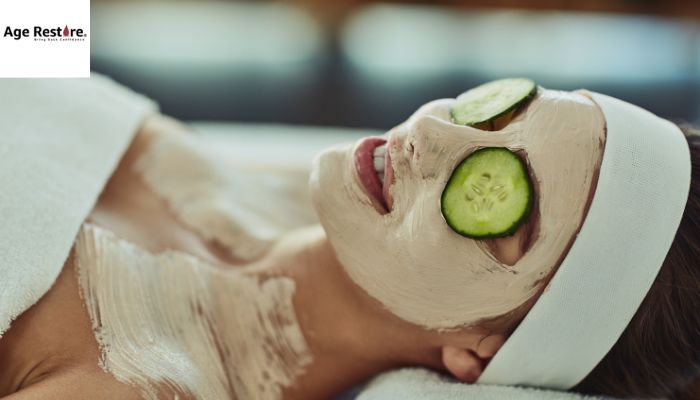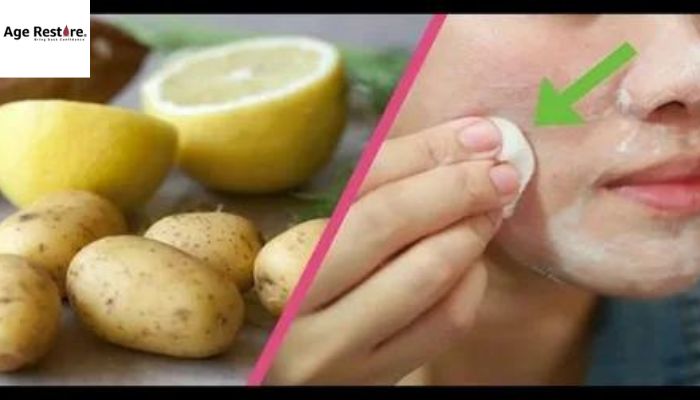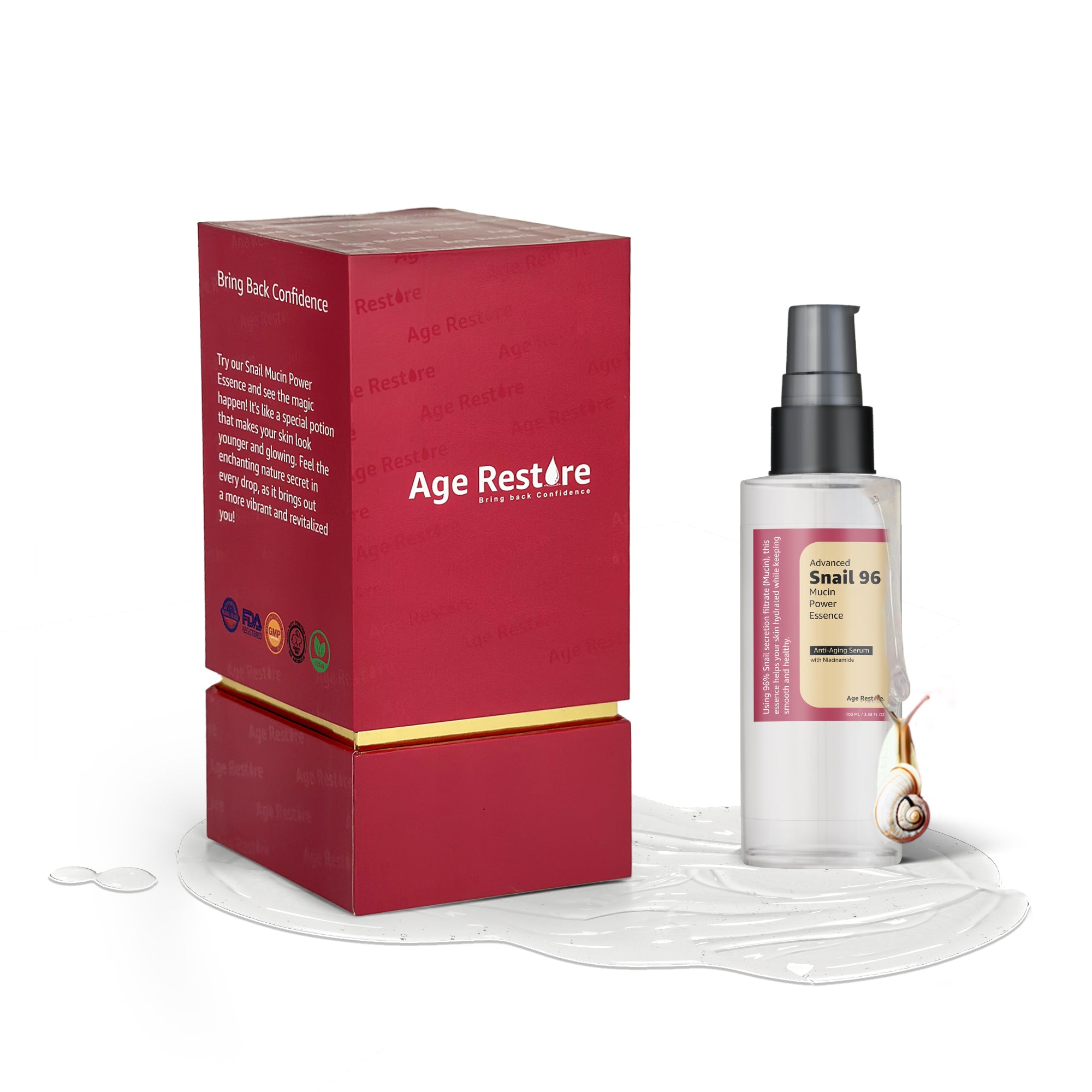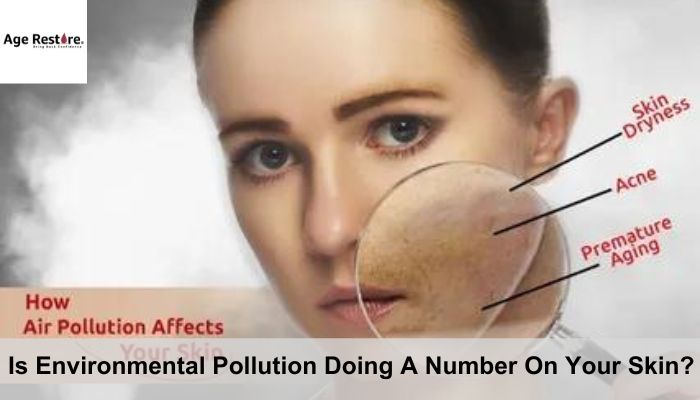
Is Environmental Pollution Doing A Number On Your Skin?
As much as we all understand the potential damage from exposure to sun rays, air pollution also plays a huge part in its detrimental effect on skin health. Here is an insight into How Air Pollution Affects The Health Of Your Skin.
Environmental pollution: the struggle is real for our world. But closer to home, pollution also has negative repercussions for your skin. Experts believe air pollution plays a significant role in how your skin looks and feels; experts cite its role as one of many contributing factors that exacerbate concerns such as dark spots, wrinkles, inflammation, and other signs of skin aging.
According to the Environmental Protection Agency (EPA), America has made great strides since 1970 when the Clean Air Act was put into place to help protect ozone layers, reduce toxic pollutants, and enhance air quality. Yet despite these advancements, air pollution still poses serious threats to people's health as well as to our planet.
What exactly is environmental pollution doing to my skin and is there anything I can do to prevent further damage?
What Is Environmental Pollution?
Environmental pollution refers to any gas or particle released into the environment by human activity - like exhaust fumes from your car; cigarette smoke; soot and acid from power plants and even smoke produced from charcoal grills and fire pits - that are then released into the atmosphere as pollution. All these activities produce microscopic particles of pollution which pollute our airspace.
If you live in an urban or industrial area, environmental pollution will likely become part of your everyday reality. But don't believe for one second that living by the beach or in rural areas means being free from it - air pollution exists everywhere.
What Does Environmental Pollution Do to My Skin?
In two words: free radicals. Pollutant particles may penetrate 20 times deeper into your pores than their size would allow, meaning that pollution particles have the power to get beneath the skin's surface - possibly even under it!
Free radicals are unstable molecules that attack all the good stuff in your skin, taking electrons from unsuspecting proteins and damaging key structures such as collagen and elastin that support and strengthen it. Any damage these proteins sustain has disastrous results for their support function as it speeds premature aging while creating loose, thin skin which becomes loose, thin, and wrinkled before its time.
Gaseous pollutants may not directly penetrate your skin, but they're just as dangerous. Working their way over the surface, these pollution particles cause issues with your protective barrier layer, eventually breaking it down completely and allowing toxic particles into your system as well as moisture from leaving.
Air pollution poses a grave threat to skin health, compromising its barrier function and exacerbating problems such as dark spots, poor texture, enlarged pores, irritation, and wrinkles - to name but a few. But enough said; you get the point.
There's good and bad news when it comes to environmental pollution: you will never win 100% protection from it, but on the plus side there are plenty of strategies out there to keep pollutants at bay and safeguard skin health.
Here are three of our favorite anti-pollution skincare weapons…
Weapon #1: Detoxifying Charcoal
One effective way of combatting surface pollutants is with detoxifying cleaners such as activated charcoal.
Activated charcoal acts like a sponge by binding to pollutants before efficiently clearing them away from the environment. An effective medicine to fight harmful toxins that have been consumed, but also an excellent skincare ingredient to rid skin of anything unpleasant. Our Skin Clearing Charcoal Facial Wash contains activated coconut charcoal, produced by burning coconut and then treating it to remove harmful substances and expand its surface area. Activated coconut charcoal is one of the best natural solutions for detoxifying skin surfaces from contaminants like pollutants, bacteria, excess oil, and makeup residues. Use it daily as part of your cleansing regime for a more pollution-free complexion.
Weapon #2: Antioxidants
Nothing beats antioxidants when it comes to combating free radicals, so boost your antioxidant consumption both through skincare products and food sources to take on free radicals from every angle.
Antioxidant treatment serums should be an integral component of any topical skincare regime, with active ingredients like retinol, hyaluronic acid, niacinamide, and vitamins C and E possessing powerful antioxidant properties. When selecting your serum(s), make sure they combine at least one topical antioxidant - all our serums feature at least one topical antioxidant and are perfect for applying on clean skin before moisturizing to counteract free radical damage caused by free radicals.
Are you having difficulty choosing which serum best meets your needs? Don't worry: they all seem fantastic. Let us assist with making that difficult choice by providing our expertise here.
Combine an incredible topical antioxidant serum with a diet rich in nuts, beans, and fresh produce like cherries, berries, leafy greens, and carrots and you will be well on your way to mitigating free radical damage (aka oxidative stress). Perhaps even indulge in some antioxidant-rich dark chocolate! Arm. Officially. Twisted.
Weapon #3: Strengthening Night Cream
An essential step to protecting skin health from airborne pollutants and transepidermal water loss (TEWL), also known as transepidermal water loss (TEWB) through transepidermal water loss (TEWL) evaporating through your skin, and to minimizing dryness, dehydration, and inflammation risks is strengthening barrier function through strengthening night cream. So there's that!
To maintain a healthy barrier, avoid over-exfoliation and harsh chemicals, alcohols, and fragrances that strip your skin of its essential natural oils and nutrients.
Before going to sleep, the final step in your evening skincare regimen should include applying a night cream. This step helps strengthen and moisturize the barrier function for more efficient skincare results.
Read More: Your Summer Skincare Bucket List

